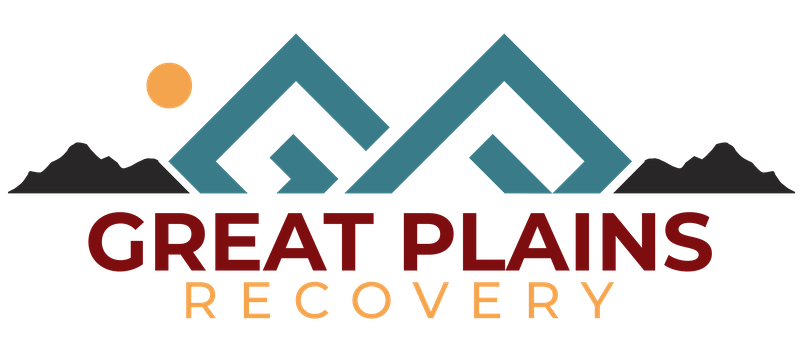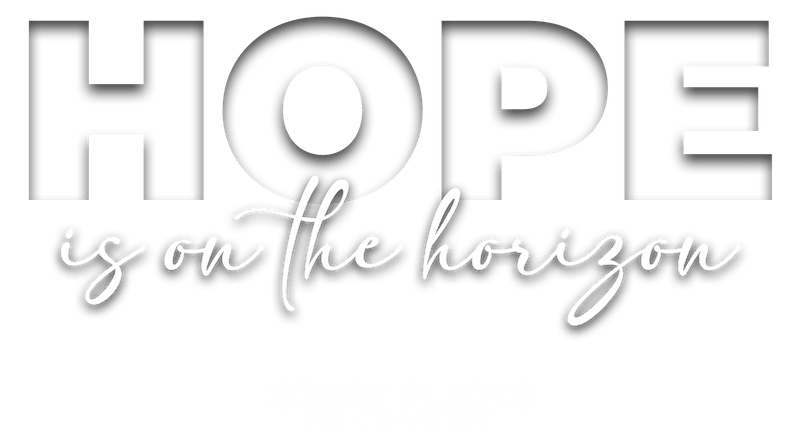
Oklahoma’s interstate transport workers—including truck drivers, delivery personnel, and others who make their living on the road—face distinctive challenges when it comes to substance use disorders and recovery. Long-haul truckers and other transportation professionals often contend with isolation, irregular schedules, physical demands, and extended periods away from support systems, creating both risk factors for substance use and barriers to effective treatment.
The nature of transportation work creates a perfect storm of conditions that can contribute to substance use problems:
Isolation and Loneliness
Many drivers spend days or weeks alone on the road, separated from family and consistent social support.
Disrupted Sleep Patterns
Irregular delivery schedules, night driving, and pressure to maximize driving hours can severely impact healthy sleep, leading some to use substances to stay awake or to fall asleep.
Physical Demands
Sitting for extended periods, loading and unloading cargo, and managing physical strain can lead to injuries and pain management issues that sometimes escalate to substance dependence.
Limited Access to Healthcare
Inconsistent presence in any one location makes establishing relationships with healthcare providers difficult and creates gaps in preventive care.
High-Stress Environment
Tight deadlines, traffic conditions, and the responsibility of safely operating large vehicles create significant stress that some may attempt to manage through substance use.
Industry-Specific Barriers to Treatment
For transportation workers, several factors can make accessing treatment particularly challenging:
Professional Licensing Concerns
CDL holders and other licensed transportation workers often fear losing their livelihood if they acknowledge substance use problems.
Extended Absences from Home
Traditional treatment models that require consistent weekly attendance may be impossible for those with irregular routes and schedules.
Financial Pressures
Time away from work for treatment means lost income, creating significant financial strain for many transportation professionals.
Industry Stigma
The transportation industry, like many others, sometimes has a culture that discourages acknowledging personal struggles or seeking help.
Treatment Approaches That Work for Transportation Professionals
Effective treatment for transportation workers typically incorporates several key adaptations:
Flexible Scheduling
Programs that offer intensive weekend components, telehealth sessions, or condensed treatment periods can better accommodate the irregular schedules of transportation work.
Return-to-Work Planning
Experienced providers can help navigate the specific regulations around substance use, treatment, and return-to-work protocols in the transportation industry.
DOT/FMCSA Compliance Knowledge
Treatment providers familiar with Department of Transportation and Federal Motor Carrier Safety Administration regulations can help ensure that treatment and return-to-work plans meet all necessary requirements.
Practical Recovery Skills
Effective treatment for transportation workers emphasizes practical strategies for maintaining sobriety while on the road, where traditional recovery supports may be unavailable.
Mobile Recovery Support
Digital tools, phone-based check-ins, and virtual support groups can provide continuity of care even when drivers are far from their home base.
Resources Available to Oklahoma’s Transportation Workers
Several specific resources exist to support recovery among transportation professionals:
Industry-Specific Support Groups
Some recovery communities have developed support groups specifically for transportation workers, creating understanding communities even when on the road.
Employee Assistance Programs
Many larger transportation companies offer confidential EAP services that can connect drivers with appropriate treatment resources while providing some job protection.
DOT-Approved SAPs
Substance Abuse Professionals approved by the Department of Transportation can provide specialized assessment and treatment recommendations that satisfy regulatory requirements.
Return-to-Duty Processes
Formalized programs exist to help transportation workers safely return to their duties following successful treatment.
Maintaining Recovery on the Road
For transportation workers who have completed initial treatment, maintaining recovery requires specific strategies:
Developing a Mobile Support Network
Building connections with recovery resources in multiple locations along regular routes can provide consistent support.
Creating Healthy Routines
Establishing sustainable habits around sleep, nutrition, exercise, and stress management can reduce vulnerability to relapse.
Utilizing Technology
Recovery apps, online meetings, and digital check-ins can maintain connection to support systems even when physically distant.
Planning for High-Risk Situations
Identifying trigger points common in transportation work and developing specific plans for managing these situations is essential for sustained recovery.
Taking the First Step While Protecting Your Career
If you’re a transportation worker concerned about substance use, it’s important to know that seeking help doesn’t necessarily mean losing your career. Many transportation professionals successfully return to work after appropriate treatment.
The key is finding treatment providers who understand the specific regulations and requirements of the transportation industry and can help you navigate the process of recovery while protecting your professional standing.
Great Plains Recovery Center understands the unique challenges faced by Oklahoma’s transportation workers. Our team is familiar with the regulations affecting CDL holders and other transportation professionals and can help develop treatment plans that accommodate your work realities while providing the support you need.
For confidential information about treatment options that can work with your transportation career, contact Great Plains Recovery Center at 844-918-3518. Our team is ready to discuss how recovery can be compatible with your life on the road.




